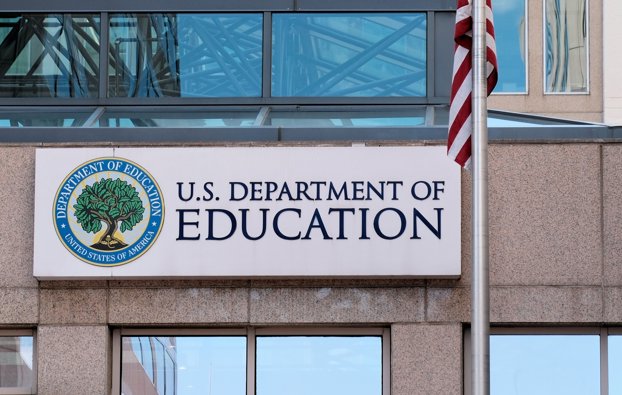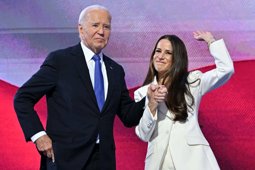
Trump Appeals DOE Shutdown Block to Supreme Court
Trump urges SCOTUS to lift court block preventing Education Department shutdown; cites poor student outcomes as reason.
Administration Challenges Lower Court Ruling Over DOE Closure
The Trump administration has asked the U.S. Supreme Court to lift a federal injunction that currently prevents it from dismantling the Department of Education. The appeal follows a lower court decision that blocked President Donald Trump’s March executive order aimed at shuttering the agency due to what he described as systemic failure to serve students.
The administration’s legal filing argues the lower court’s injunction improperly restricts executive authority. “That injunction effectively appoints the district court to a Cabinet role and bars the Executive Branch from terminating anyone,” the brief states, adding that even the plaintiffs acknowledged some reductions would be lawful.
Trump’s order proposed eliminating the DOE, claiming the move would offer American families an escape from a broken educational system. The plan included a mass reduction in workforce and broad reorganization, which U.S. District Judge Myong Joun blocked in May. The judge also ordered the reinstatement of staff members who had been let go under the reorganization plan.
Deputy Assistant Secretary Madi Biedermann criticized the ruling, stating, “President Trump and the Senate-confirmed Secretary of Education clearly have the authority to make decisions about agency reorganization efforts, not an unelected Judge with a political axe to grind. This ruling is not in the best interest of American students or families.”
Education Performance and Political Fallout
The president’s drive to dismantle the department has been a central focus of his second term. Upon nominating Secretary of Education Linda McMahon, Trump remarked that her mission should be to “put herself out of a job,” reflecting his administration’s intention to phase out the department entirely.
Trump has pointed to declining academic performance as a key justification. The latest data from the Nation’s Report Card shows that seven in ten fourth graders are not proficient in reading, with no significant improvement since 1992. The administration argues that this stagnation demonstrates the DOE’s failure to deliver results.
Opposition to the plan has emerged both politically and legally. In February, a group of Democratic lawmakers attempted to enter the DOE building in Washington, D.C., but were reportedly blocked by staff. The incident intensified criticism, with Democrats accusing the administration of lacking transparency and undermining public education.
As the case now moves to the Supreme Court, the outcome could set a major precedent on the scope of executive power to reorganize or dissolve federal agencies. The ruling will also carry significant implications for the future structure of the American education system and the federal government’s role in it.






